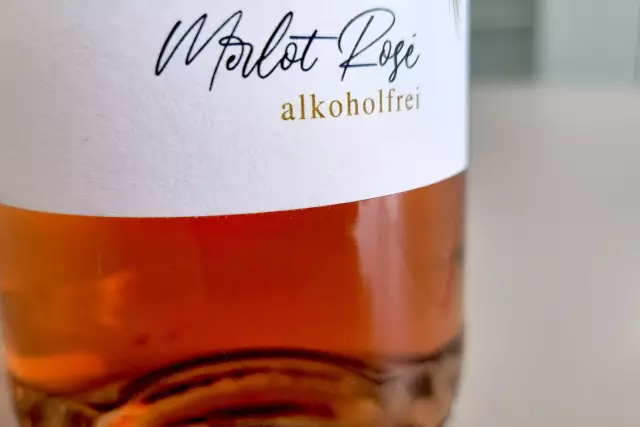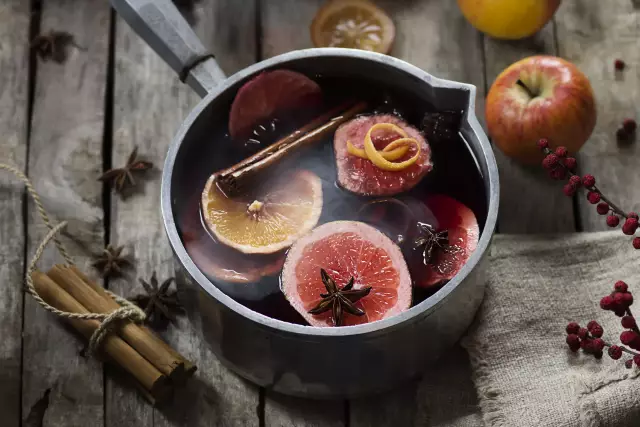Punch
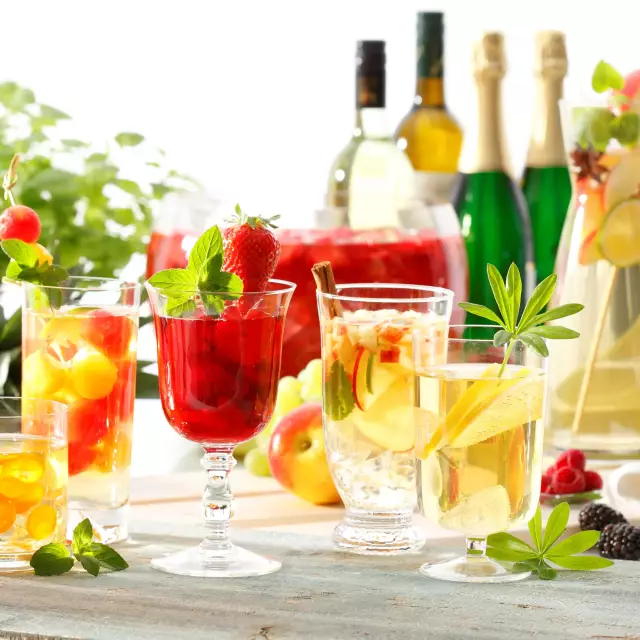
Punch is a refreshing summer drink made of wine, sparkling wine and fruit or herbs. Colourful, fruity and well chilled, this fizzy classic guarantees fruity enjoyment.
Facts
-
3-5
ingredients
-
18.
century
-
50s
years
There’s really not much you can do wrong with this fruity cocktail – if you keep a few simple basic rules in mind:
- The best punches only use a couple of ingredients.
- A punch is only ever as good as the wine or sparkling wine used in its making. German quality wine, a light Kabinett and fruity Winzersekt are excellent choices.
- Only use fresh and fully ripe fruit.
- Peel and chop the fruit carefully – do not crush it.
- To get the fruit to develop its full aroma, just sugar it lightly or marinate it in grape liqueur. If you prefer a sweet punch, use sweet wines.
- Only add – well chilled – sparkling wine and mineral water just before you serve the punch. This way, you’ll keep it fizzing for that much longer.
- The ideal serving temperature for a punch is 5-8 °C, slightly cooler than for wine.
Do not add ice cubes to the punch. This will water it down. Best place the punch bowl inside a larger bowl filled with crushed ice.
And another thing: Once the punch is dwindling, do not top it up. It’s better to serve a good wine after the punch is finished.
Strawberry punch
Prepare a large plate full of fresh strawberries. Cut larger strawberries in half or quarter them. Sprinkle with sugar and let them sit for a while to release their juice. Alternatively, marinate the fruit in grape liqueur. Next, place fruit and juice in a punch bowl and let them steep in a little wine. Later, add 4-5 bottles of wine, such as well chilled rosé or Weißherbst. If possible, place the punch bowl on crushed ice. Just before serving, add a bottle of German Winzersekt and enjoy.
Peach punch
Peel 6-8 ripe peaches, cut them in half and remove the stones. Sprinkle the fruit pieces with sugar and let them steep. Next, add 3-4 bottles of wine, such as Riesling or Silvaner, and let the mixture steep for a couple of hours, preferably on ice. Just before serving, add a bottle of German Winzersekt for that zesty finishing touch.
Kumquat punch
Wash 15 kumquats in hot water, dry them and cut them into thin slices. Sprinkle with brown sugar and add a little wine, such as Pinot Gris or a mature Riesling. Let the mixture steep for a couple of hours, then top up with 2 bottles of wine and leave it to steep for some more time on ice. Just before serving, add a bottle of Winzersekt for that delightful sparkle.
How punch got its name
The German term for the refreshing summer cocktail made of wine and fruit is Bowle, derived from the English word “bowl”. Allegedly, the cocktail was invented by British colonial officers in India. To invigorate themselves and to overcome the sheer boredom of Colonial life, they got their Indian servants to create drinks for them that used at least five – or “punch” in Hindi – ingredients. Those were then served to the officers in a large “punchbowl”.
Thus the British started the fashion for punches in Europe in the 18th century. Initially reserved to nobility, drinking punch soon became a favourite pastime in bourgeois circles as well. The favourite drink of the 19th century high society later became the party craze of the 1950s. Today, the cocktail is becoming fashionable once again as an invigorating, fresh and fruity drink for the summer.
Do you know any other kind of punch than the traditional punch?
Besides the traditional punch like Cold Whisky Punch, Roman Punch, Ginger Punch,... for which spirits like brandy and whisky are used, you can also use grape wines to make a punch. How to make it? Find out in this article!
Varietals

with goat's cheese Courgette and chanterelle salad
with goat's cheese
- 2 ganze Zucchini
- 3 EL Rapsöl
- 1 kleine Schalotte
- 300 Gramm Pfifferlinge
- 1 Msp. gemahlener Piment
- 2 Bund Rucola
- je 1/2 Bund Kerbel u. glatte Petersilie
- je 3 EL Walnuss- u. Rapsöl
- 4 Stück Ziegenkäse-Taler
- 1 Prise Zucker
- nach Belieben Salz & Pfeffer
Salad:
Wash the courgettes and slice thinly. Place in a bowl and mix with the oil.
Heat a grill pan and fry the courgettes in batches until golden brown. Season with salt and pepper, place in a bowl.
<p
<p>Peel and finely dice the shallot. Clean the chanterelles, wash if necessary and pat dry. Depending on size, cut in half if necessary.
<p
<p>Sauté the shallot in a pan until translucent. Add the chanterelles and fry vigorously for 3 minutes while stirring. Season with salt, pepper and allspice. Add to the courgettes. Wash the rocket and spin dry.
Dressing:
Wash the herbs, shake dry. Pluck the leaves, blend finely with both types of oil and vinegar in a blender or with a hand blender. Flavour with salt, pepper and sugar. Pour over the courgette and chanterelle mix and mix loosely with the rocket. Arrange on plates, sprinkle with goat's cheese.
- Pinot Blanc (trocken)
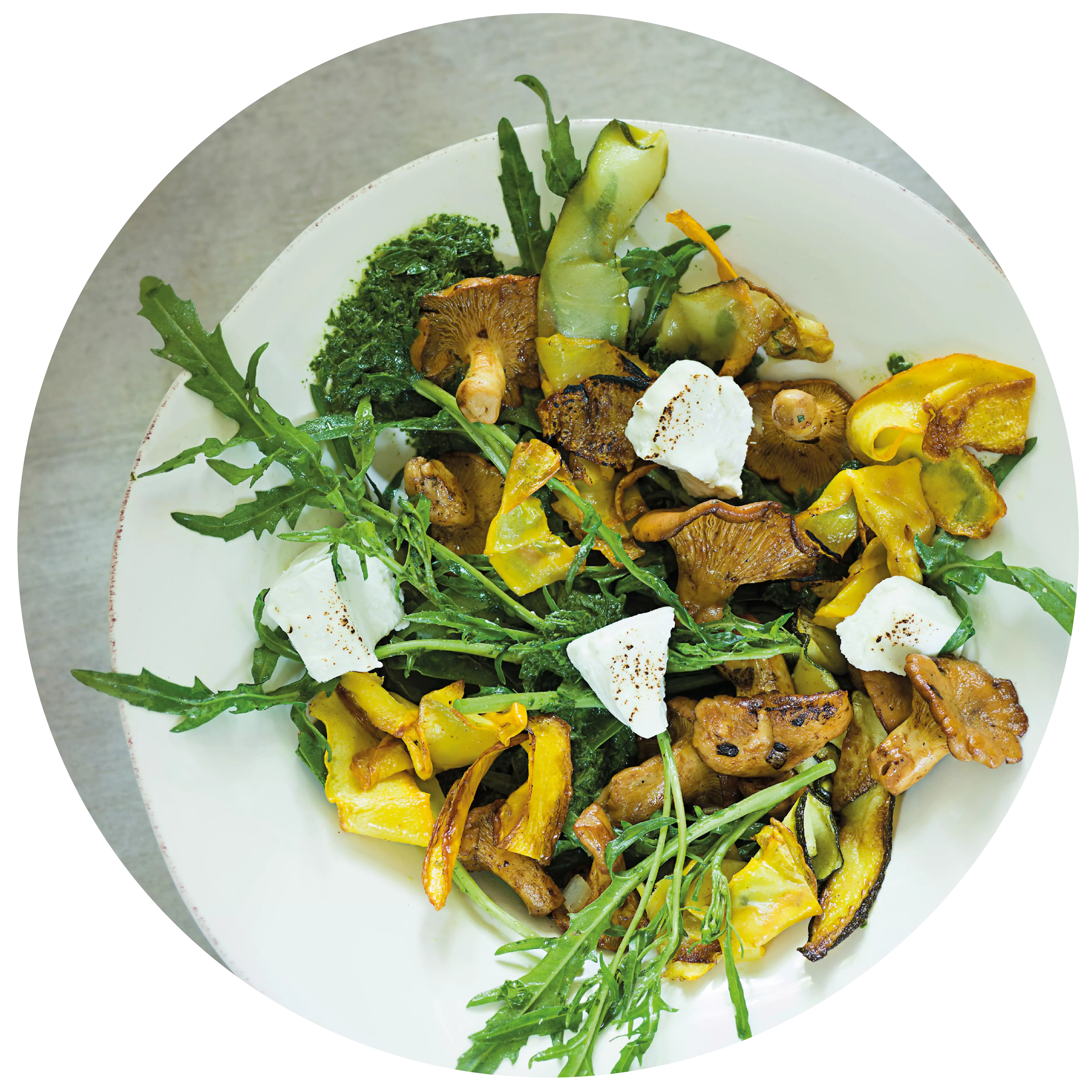
Wine recommendation: A white wine with a mellow flavour such as Pinot Gris or Chardonnay. Asparagus risotto al scampi
Risotto with green asparagus, scampi and parmesan.
- 400g Grüner Spargel
- 200g Küchenfertige Scampis
- 200g Risotto-Reis
- 250ml Trockener Weißwein
- 500ml Gemüsebrühe
- 50g Parmesan
- 1 Zwiebel
- 4EL Olivenöl
- 1Dose Safranfäden
- etwas Salz und Pfeffer
Peel the lower third of the asparagus and cut off the ends. Cut into 2 cm long pieces, cook in boiling salted water for approx. 5 minutes and drain. Cut the onion into thin slices and finely chop the garlic.
<p
<p>Heat 2 tbsp of oil, add the onion slices, garlic and rice
.
sauté until translucent. Deglaze with the white wine. Season with salt, pepper
and saffron to flavour. Add a little stock, bring to the boil and simmer, stirring constantly. Gradually add the remaining stock and simmer until the liquid has been absorbed by the rice. The rice should still have a bite on the inside.
Wash the scampi and grate the Parmesan. Heat 2 tbsp oil in a pan and fry the scampi for approx. 4 minutes. Season with salt and pepper. Stir the asparagus, scampi and parmesan into the risotto and serve.
Wine recommendation:
A white wine with a mellow flavour such as Pinot Gris or Chardonnay. Alternatively, a well-chilled, light Trollinger or Blanc de Noir from Pinot Noir.
<p- Pinot Gris (extra brut)
- Chardonnay (extra brut)
- Trollinger (brut)
- Spätburgunder / Pinot Noir (brut)
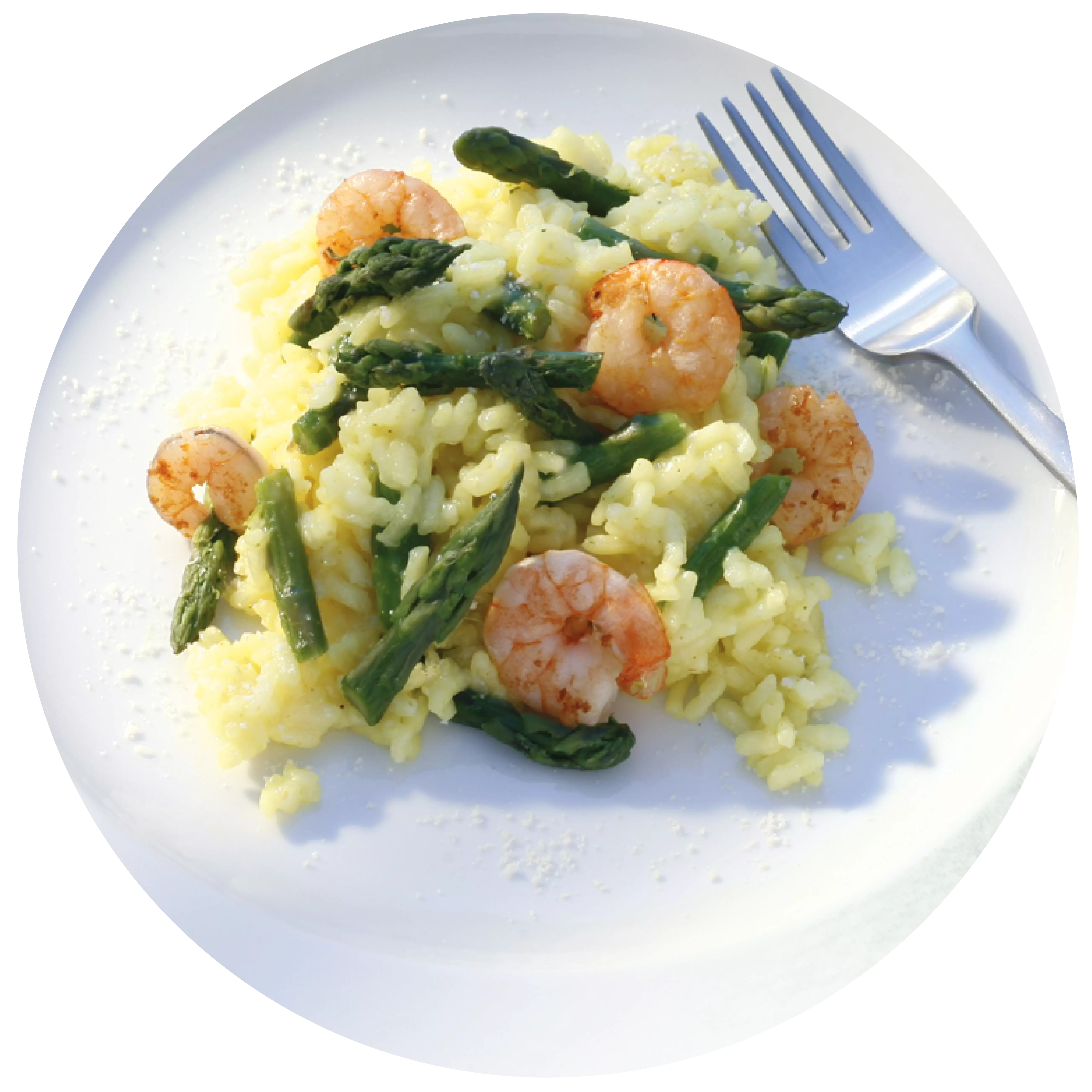
with apples and nuts Tarte flambée
with apples and nuts
- 250 Gramm Weizen- oder Dinkelmehl
- 150 Gramm Crème fraîche
- 150 Gramm körniger Frischkäse
- 2 säuerliche Äpfel
- 1 - 2 Zwiebeln
- 30 Gramm Walnüsse oder Haselnüsse
- 15 Gramm Hefe
- 1 EL Zucker
- 2 EL Olivenöl
- 2 Zweige frischer Thymian
- Nach Bedarf Salz & Pfeffer
- 200 ml warmes Wasser
For the yeast dough, sieve the flour into a bowl and make a well in it. Dissolve the yeast in a little warm water and pour into the well. Cover the bowl with a cloth and leave to rise for 10 minutes. Then knead the pre-dough with the dough hook of a hand mixer and gradually work in the warm water, the oil and a teaspoon of salt. Leave the kneaded dough to rise until it has doubled in volume (approx. half an hour, in a warm place).
Cut the onions into wedges. Roughly chop the nuts. Core the apples, cut into slices (the thicker the apple slices, the juicier the tarte flambée) and sprinkle with the sugar.
<p
<p>After resting, divide the dough and roll out each half on a baking tray lined with baking paper. Preheat the oven to 220 °C (top and bottom heat)
Spread the crème fraîche evenly over the tarte flambée and top with the apple slices and onion wedges. Spread the fresh cheese on top and sprinkle with the walnuts. Sprinkle with a little salt and pepper.
Bake on the lowest shelf for 12-15 minutes and sprinkle with the fresh thyme before serving.
- Riesling (halbtrocken & feinherb)
- Riesling (lieblich)
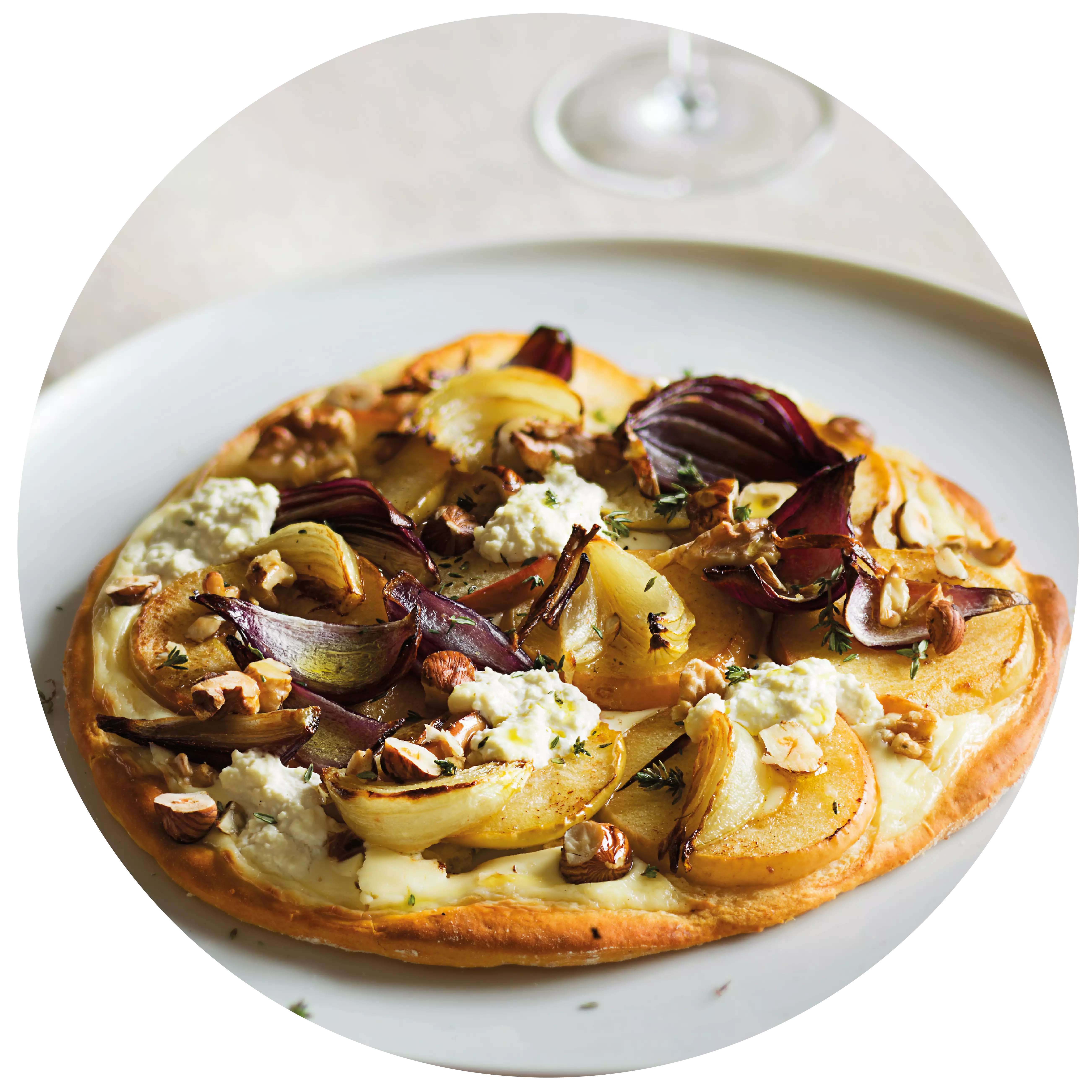
Asparagus harmonises perfectly with Silvaner Roasted asparagus with wild garlic and ribbon noodles
Roasted asparagus with wild garlic and ribbon noodles goes perfectly with Silvaner.
- 1kg weißer Spargel
- 1kg grüner Spargel
- 200g Butter
- 1 TL Zucker
- 2-4 EL Walnussöl
- 600g Tagliatelle
- 1 Prise Salz und Pfeffer
- 200 ml Schlagsahne
- 1 Spritzer Zitronensaft
- 8 Bärlauchblätter
Preparation:
Peel the asparagus (green asparagus only in the lower third), cut off the ends. Cut each spear in half lengthways and cut the halves in half. Cut the halves into 3 – 5 cm long pieces.
Heat the butter in a large pan, add the sugar. Caramelise briefly. Add the oil and asparagus and cook over a medium heat for approx. 10 mins. until al dente, tossing occasionally.
In the meantime, cook the tagliatelle in boiling salted water according to the pack instructions until al dente.
Pour the cream into the asparagus and reduce until creamy. Season the asparagus with salt, pepper and lemon juice.
Rinse the pasta, drain and mix with the asparagus. Cut the spring onions into strips and fold in.
Wine recommendation:
Silvaner Spätlese dry
- Silvaner (trocken)
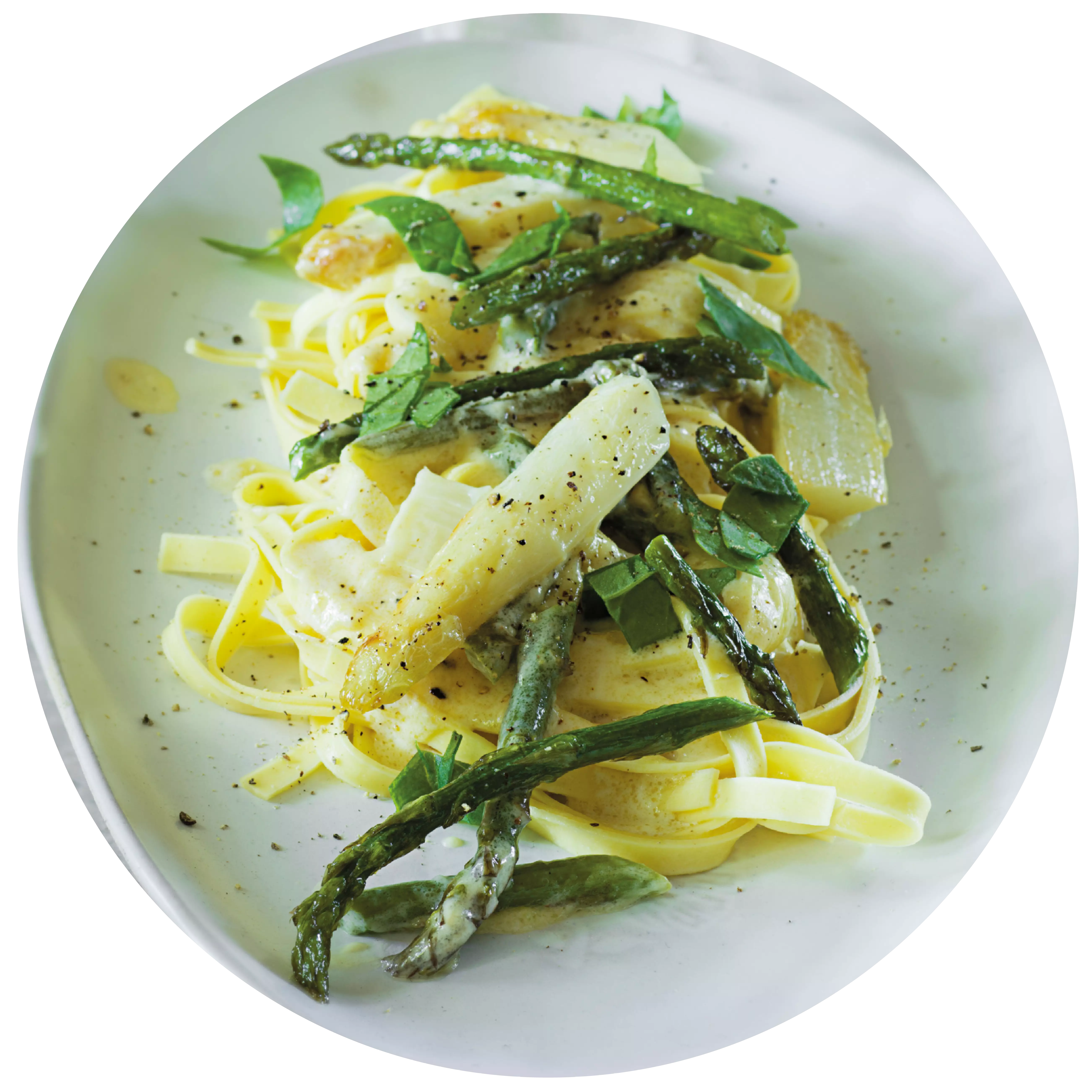
Teaser
Events
-
Show
winetasting in our winery - blind tasting
Mainz-Hechtsheim



